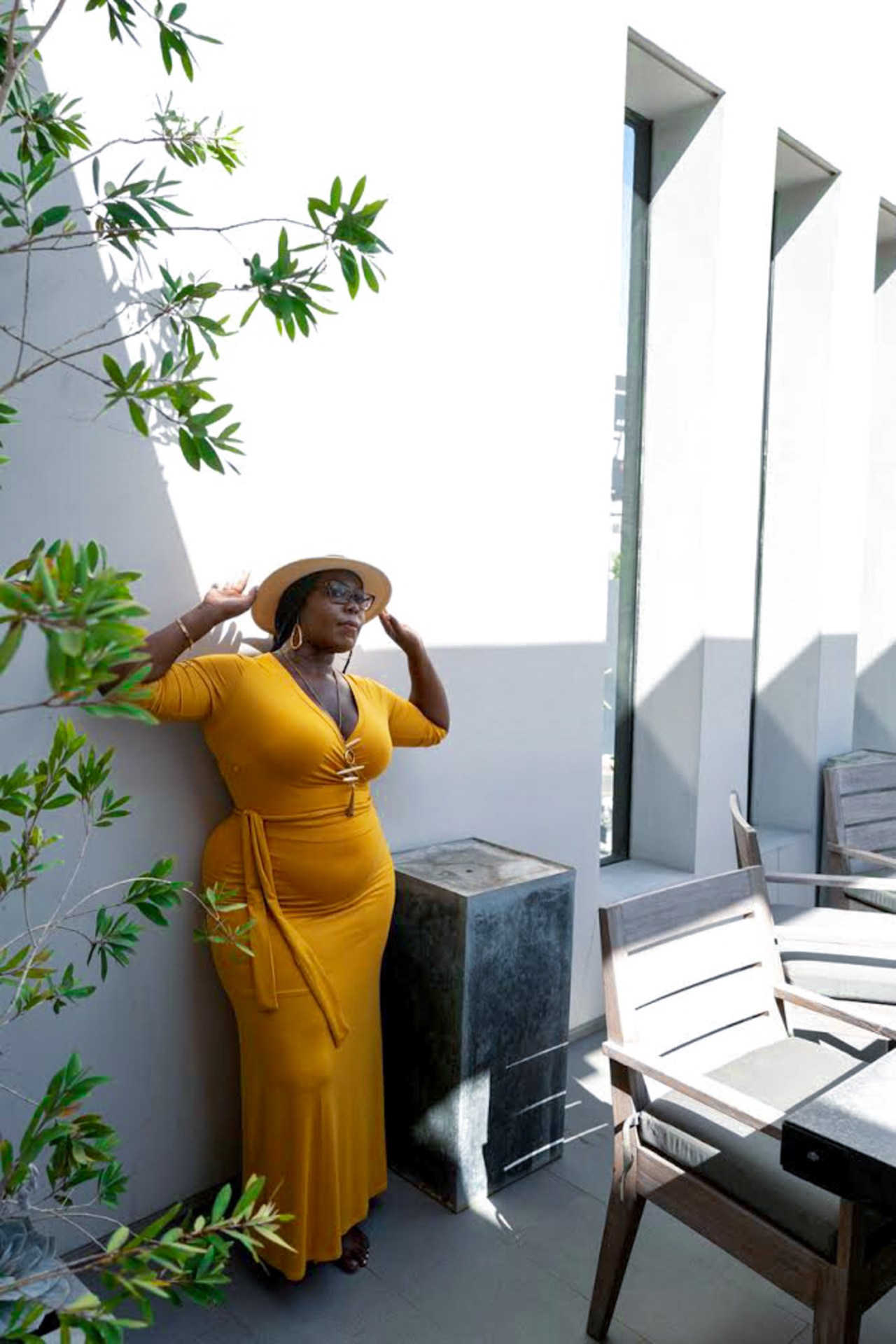Search this site
Laylah Amatullah Barrayn on Honoring Black Photographers, Then and Now

The documentary photographer Laylah Amatullah Barrayn has been working in the industry for twenty years, telling stories from Brooklyn to Dakar, Minneapolis to Nouakchott, Washington D.C. to Paris to Negril, Jamaica. During that time, she’s dedicated her career to recognizing the trailblazing photographers who came before her, while also supporting the rising generation of documentarians and artists covering some of the most important stories of our time.
With Adama Delphine Fawundu, Barrayn is the co-author of MFON: Women Photographers of the African Diaspora, named for the Nigerian-born American photographer Mmekutmfon ‘Mfon’ Essien (1967 – 2001). It’s the first anthology in nearly three decades devoted to the work of women photographers of African descent. She’s also a member of The Kamoinge Workshop, the legendary collective of African American photographers, first formed in the 1960s, and she’s currently working on a new book about contemporary Black photographers, hitting shelves in 2022.
Barrayn is one of twenty-four industry leaders to join the jury of this year’s Feature Shoot Emerging Photography Awards. In anticipation of our deadline on September 3rd, we asked her a few questions about her work. There’s still time to submit to the awards, with prizes including exhibition opportunities in New York, Los Angeles, Berlin, and Paris.
Please tell us about your role at The Kamoinge Workshop. What has it been like to be part of this legendary collective?
“I am one of the newest members of the Kamoinge Workshop. The invitation came as quite a surprise. I was suggested by longtime member and photographer, Russell Frederick. As you can imagine, having access to the photographers in the group, like Danny Dawson, Adger Cowans, Salimah Ali, and Eli Reed has fortified my practice in so many ways. I have become more intentional from everything from concepts, composition to assisting younger photographers and fostering community.

What inspired you to co-author MFON: Women Photographers of the African Diaspora, and what is one of your most powerful memories from working on the book? Anything you’ll never forget?
“Creating MFON was a dream that I’ve had for so long. It was incredible to bring something that I’ve had for over a decade to fruition. Black diasporic and African women photographers need to have a presence in the archives and in the scope of the history of photography. Our works and efforts have been grossly excluded, so co-authoring the book was my contribution to the overall discourse and history of photography. Creating the book was a joy; I learned so much about publishing a book. I remember getting home late one night and a dummy copy of the book had arrived. It was my first time holding the book and the tears were streaming down my eyes. It was an incredible feeling!”
How has MFON evolved as a platform over the years, and what have been some of your favorite moments?
“Since the release of the book, we have curated numerous exhibitions in the US and abroad; we’ve hosted salons, panel talks, and workshops. We have an exciting new initiative coming up, which we will be announcing shortly.”
You’re now working on a book about contemporary Black photographers. Can you tell us anything about the book or give us a hint on what to expect?
“Yes, I am really excited about my new book on Black photographers. It’s a book of portraits and stories of about 50 Black photographers, intergenerational, interdisciplinary and at different points in their careers. I’m about halfway done and really enjoying turning my lens on some of my contemporaries and my heroes. I’m looking forward to it being out in fall 2022!”
You’re a documentary photographer yourself. What kind of work will you be looking for when judging the Feature Shoot Emerging Photography Awards?
“I love judging contests. It’s always so exciting, so thank you for having me on this panel. I am particularly looking for innovative ways photographers are engaging their immediate surrounding communities and environments. I’m looking for new approaches to stories that have been engaged in the past, and I’m looking for stories that might be new to me. I’m excited to see what’s on the minds and curiosities of the photographers out in the field. So, I’m open and excited.”
Laylah Amatullah Barrayn is one of the judges for the Series category in this year’s Emerging Photography Awards. Submit your series here!